Oct. 18, 2024: Juvenile Cooper’s Hawks in Falmouth quickly become agile hunters, targeting small birds and rodents. They rely on surprise attacks and persistence, gradually improving their skills in varied habitats. Thei young hawk was recently seen perched in the marsh at Woodneck Beach.
The hunting patterns of a juvenile Cooper’s Hawk in Falmouth are similar to those of adults but tend to be less refined due to inexperience. Cooper’s Hawks are agile, medium-sized raptors that specialize in hunting birds and small mammals in dense woodland areas, open fields, and even suburban spaces like backyards.
Key Hunting Characteristics of a Juvenile Cooper’s Hawk:
1. Hunting Style: Juveniles are less precise and successful in their hunts compared to adults. They rely on the element of surprise, often swooping down from a concealed perch or chasing prey in short, fast bursts through trees and shrubs. These hawks are incredibly agile, using their long tails for quick turns, even in tight spaces.
2. Prey: Juveniles typically target smaller birds such as sparrows, doves, and finches. In Falmouth, they might also hunt rodents like chipmunks, squirrels, or even young rabbits. Juveniles are still learning how to judge distances and speeds, which means they may attempt prey that is either too difficult to catch or too large to handle.
3. Stalking Behavior: They often perch quietly and scan the area for movement. Juveniles may be seen hopping from branch to branch as they cautiously move closer to potential prey. However, they might be more clumsy or hesitant than adults when launching their attack.
4. Learning Curve: Falmouth’s diverse habitats—from forests to coastal marshes—offer juveniles plenty of opportunities to refine their hunting skills. It may take weeks or months of trial and error before a juvenile becomes proficient, often missing prey or abandoning chases.
5. Persistence: Despite frequent failures, young Cooper’s Hawks are persistent hunters. Their natural instinct drives them to keep practicing until they improve. By their second year, they typically become more adept and successful.
Overall, Falmouth provides ample prey and varied terrain, allowing juvenile Cooper’s Hawks to develop their technique in both wooded areas and open spaces.

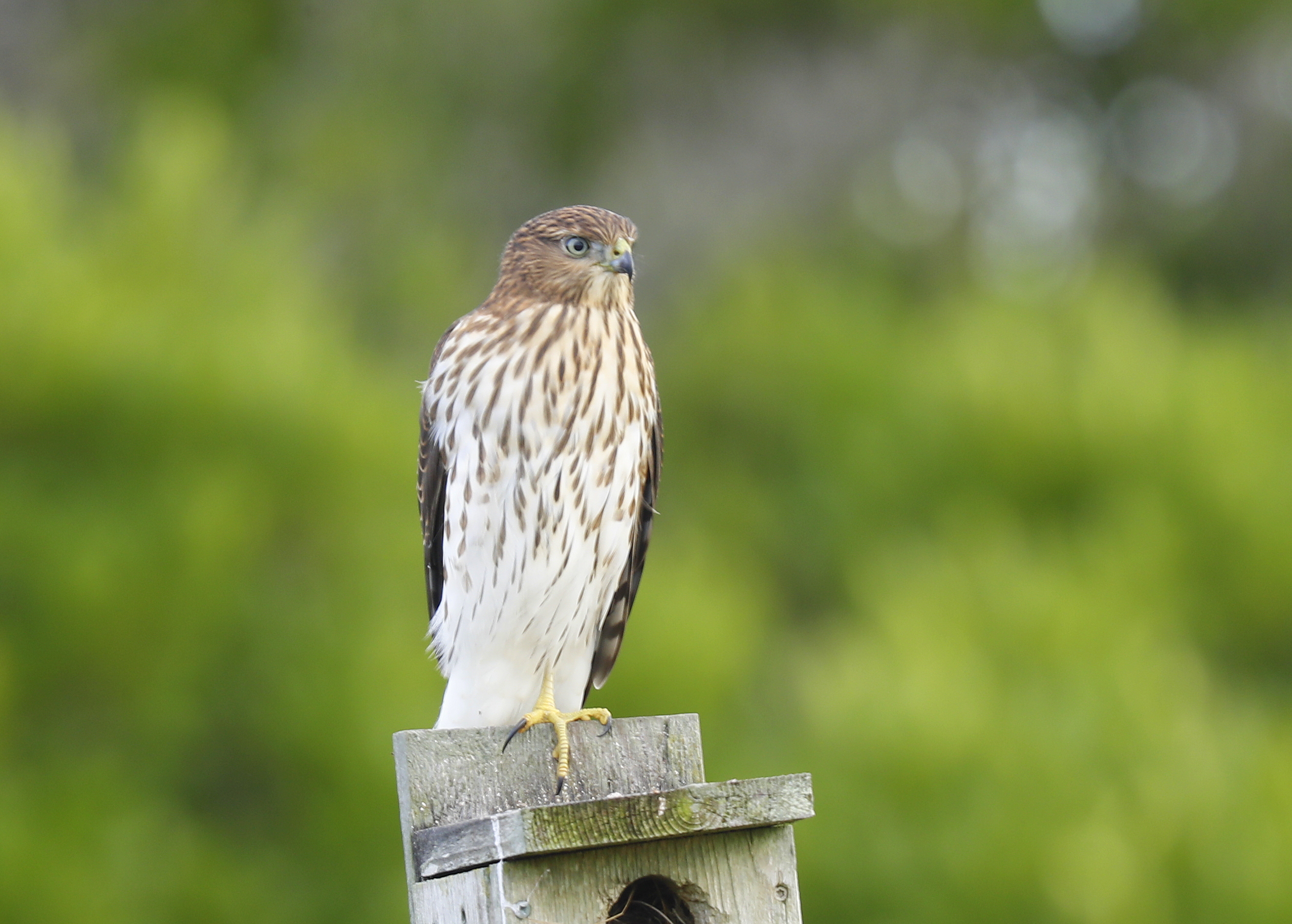
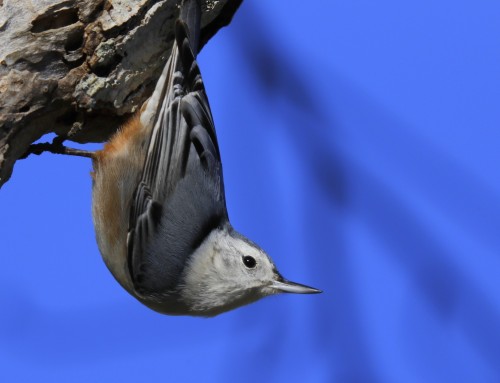
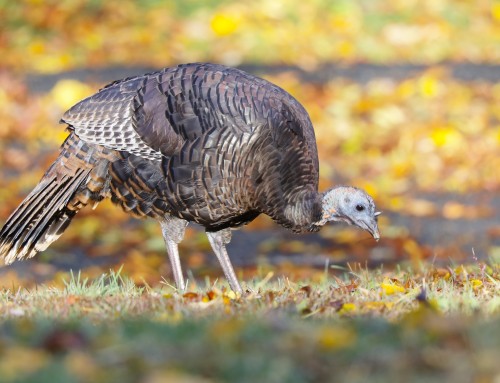
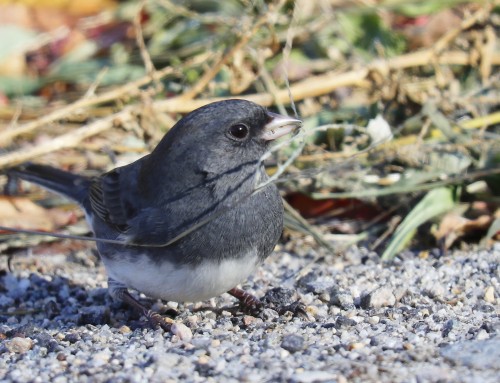

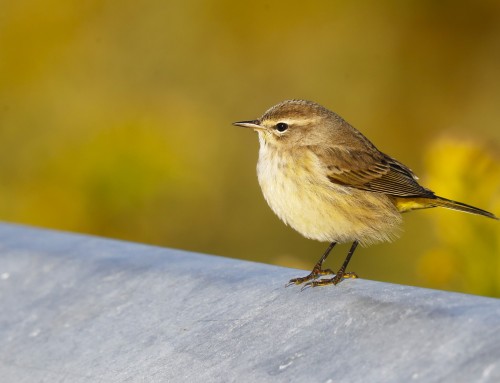
Leave A Comment
You must be logged in to post a comment.